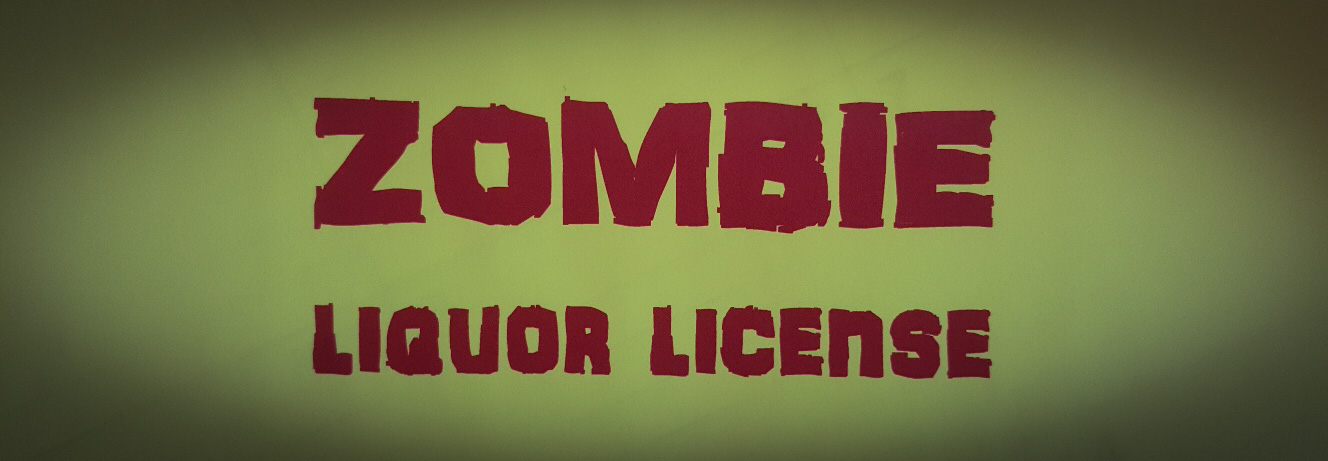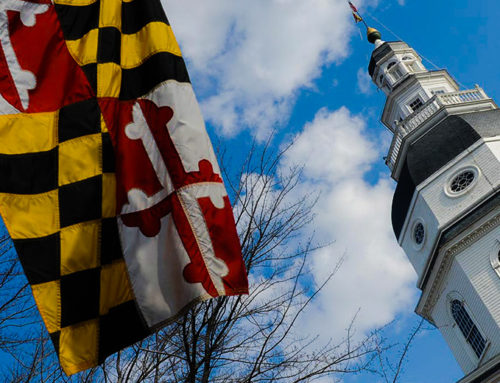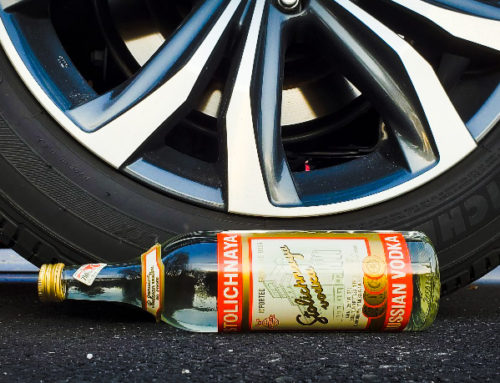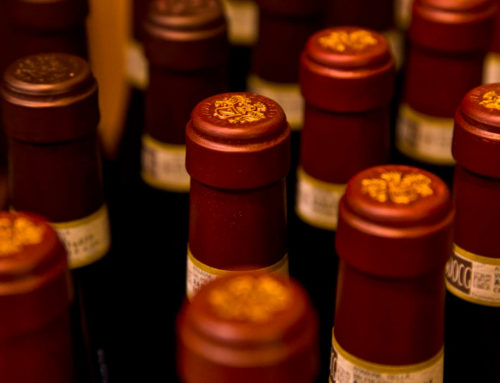View by Topic
Recent Articles
-
Colorado Building Energy Performance Standards (BEPS) Laws ChallengedSaturday, May 4th, 2024
-
New Environmental Laws from the 2024 Maryland Legislative SessionSaturday, April 27th, 2024
-
EPA Designates PFOA and PFOS as Hazardous Substances under Superfund LawSaturday, April 20th, 2024
-
Federal Government Finalizes New Efficiency Standards for LightbulbsSaturday, April 13th, 2024
-
2024 IECC is Final After Addressing Preemption IssuesSaturday, April 6th, 2024
View by Month/Year
“Green Building Law Update” Headlines
Recent Articles & News from
Stuart Kaplow’s blog
at GreenBuildingLawUpdate.com
- Does Federal EPCA Trump Colorado Building Energy Performance Standards (BEPS)? May 5, 2024
- New Environmental Laws in Maryland: 2024 Brings Opportunities for Businesses April 28, 2024
- EPA Takes Action: PFOA and PFOS Now Hazardous Substances Under Superfund Law April 21, 2024
- Shedding Light on the Future: The Evolution of Lightbulbs in the Wake of New Energy Efficiency Standards April 14, 2024
Subscribe to the Green Building Law Update!
Stuart Kaplow brings his expertise and extensive experience to the table with his unique digital publication, "Green Building Law Update". Subscribers receive regular updates to keep them informed about important issues surrounding Environmental Law, Green Building & Real Estate Law, as well as the emerging demand for Environmental Social Governance (ESG).
Get fresh content through the lense of Stuart Kaplow's cutting-edge expertise, innovative commentary and insider perspective. Don't miss another issue! Subscribe below.

Zombie Liquor Licenses Live Again in Baltimore County
Nancy Hudes and I are collaborating through Regulatory Solutions Consultancy, LLC, a new consultancy positively leveraging constraints and finding advantages in the licenses beverage industry. If we can assist you with the due diligence to verify that a liquor license is alive or otherwise in dealing in matters of alcoholic beverage law, do not hesitate to give us a call.
The transfer of a liquor license often involves issues of life and death, and in some instances, zombies and phantoms.
A decision last year by the Maryland Court of Special Appeals in Liquor License Commissioners for Baltimore City v. Austin was instructive as to when a liquor license is really dead. The court explains at the beginning of the 25 page opinion, ..
a zombie is defined as the supernatural power according to voodoo belief may enter into and reanimate a dead body.
And the opinion goes on to make the distinction that a phantom is defined as “something (as a specter) apparent to sense but with no substantial existence.” Both are used as slang terms to refer to a liquor license that has been permitted by a local liquor board to survive, for transfer purposes, beyond the statutory expiration period.
But then, .. the Maryland legislature enacted HB 1410 that changes the law of zombie liquor licenses in Baltimore County, only, effective July 1, 2018.
Under the current law a liquor license expires 180 days after the licensee has closed the business or stopped active alcoholic beverages business operations unless an application for transfer to another location or another person has been approved or is pending; an application for a certificate of permission or a renewal license for continuation of business has been approved or is pending before the Baltimore County Liquor Board; or a written request for a hardship extension is filed within the 180-day period.
Generally, the licensee or another appropriate party may make a written request to the Board to extend the life of the license due to hardship. The Board may grant the extension if the Board finds after a hearing that existing hardship caused the closing or stopping of business operations. An extension may not prolong the life of the license beyond 360 days after the date of closing or stopping of business operations.
Today if a licensed premises is forced to close because of a casualty loss, the Board may extend the license for not more than two years after the closing.
Effective July 1, 2018, as a result of HB 1410, the request for a hardship extension in Baltimore County (but not the rest of the state) automatically extends the life of the liquor license, such that the bill actually repeals the authority of the Baltimore County Board to grant a hardship extension (because it will be automatic).
The bill clarifies that the expiration period resumes on the last to occur of: final action of the Board denying an application for transfer or a request for a certificate of permission or a renewal license for continuation of business; final judgment of the reviewing court if judicial review of the Board’s action on an application or request has affirmed the Board’s action; or the dismissal of a petition for judicial review of the Board’s action.
If a licensed premises is forced to close because of a casualty loss, the Board may extend the license for not more than three years, rather than previous two years, after the closing.
This is a significant change in the life of a zombie liquor license in Baltimore County. Generally, a hardship extension may not prolong the life of an inactive license beyond the total of two years after the date of closing or stopping of alcoholic beverages business operations and any time period during which the license is suspended under an application for approval of a transfer to another location or another person, or an application for a certificate of permission or a renewal license for continuation of business has been approved or is pending.
With 781 alcoholic beverages licensees issued for use in Baltimore County the economic impact of this change in the law should not be underestimated.
And while the licenses beverage industry supported this bill, cosponsored by the entire Baltimore County delegation, its negative impact on the alienability of licenses in a highly regulated industry make the enactment of questionable positive impact on small businesses in the Baltimore County. The bill’s provisions allow a small business licensee to retain a license for a longer period of time after closing or stopping of alcoholic beverages business operations and while this may result in a licensee being able to reopen a business, it does make licenses more difficult to acquire when it slows down efforts to sell the license before the license expires.









